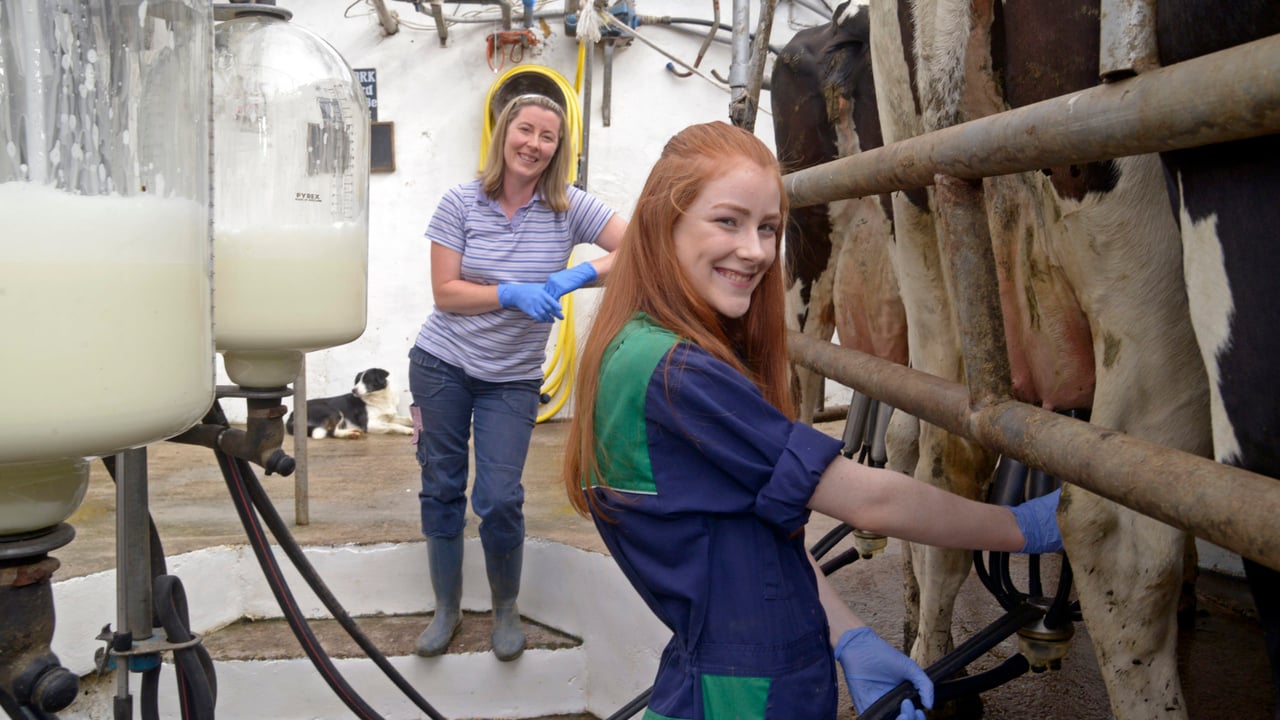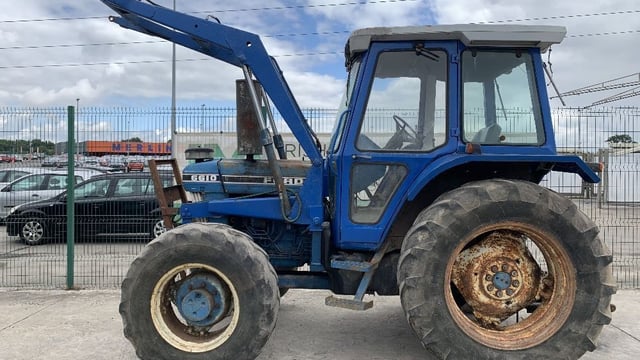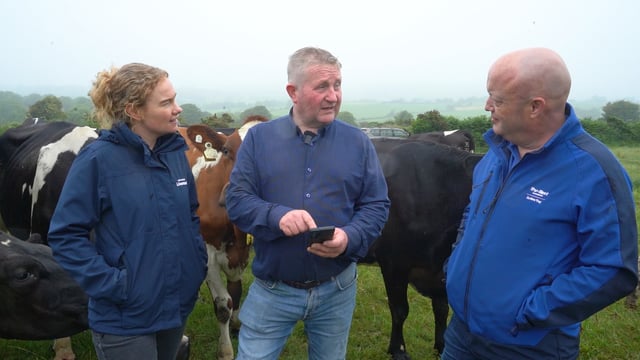New women in ag group calls for 'culture change' in Irish farming
Irish agriculture needs a "culture change", according to a new umbrella group for women in farming.
It comes amid shock findings that less than 4% of TAMS (Targeted Agricultural Modernisation Schemes) payments went to female farmers.
The Women in Agriculture Stakeholders Group (WASG) had its first meeting this week and is made up of representatives from several farm organisations, including:
The group is urging Minister for Agriculture Charlie McConalogue to take action on its common agricultural policy (CAP) submission to "lead the charge" on achieving gender balance within Irish agriculture.
It calls for:
Vanessa Kiely O’Connor of the ICMSA (pictured top) highlighted the need to alter the traditional mindset of farmers.
“The physical obstacles that prevented women from farming are a thing of the past, modern machinery and technology have created an opportunity for all genders to farm.
"The last obstacle is to purge the mindset that it's a male-oriented career,” O'Connor said.
She also pointed out that if farmers were concerned about a woman inheriting a farm and losing the “family name” if she married, that it was 2021 and there should be no issue with women keeping their maiden names.
Macra na Feirme representative Louise Crowley also took a strong position on the subject.
“Macra na Feirme strive to better understand and combat the gender imbalances currently found in the agriculture industry," Crowley said.
"These women must first be recognised, and this recognition will be one of the steps to encouraging more women and especially young women into a career in farming,” she said.
Mona O’Donoghue-Concannon of the ICSA pointed out that females need to be encouraged to take leadership roles across the industry.
“ICSA is always thriving for inclusion of women in farm policy decision making and encouraging leadership skills development in farm organisations by encouraging and mentoring the skilled people already involved in the industry on a daily basis," she said.
One woman who has already got to the top of her field, Irish Organic Association (IOA) chief executive Gillian Westbrook, said she believed further inclusion of women would have benefits for businesses.
"Approximately 25% of [the IOA's] licenced organic operators are women, and this has been hugely positive for the development and growth of the sector in recent years," she said.
"Creating a strong agricultural sector necessitates that inclusion, diversity and strong leadership are displayed at all levels, and I look forward to working in this context under the next CAP Strategic Plan."





